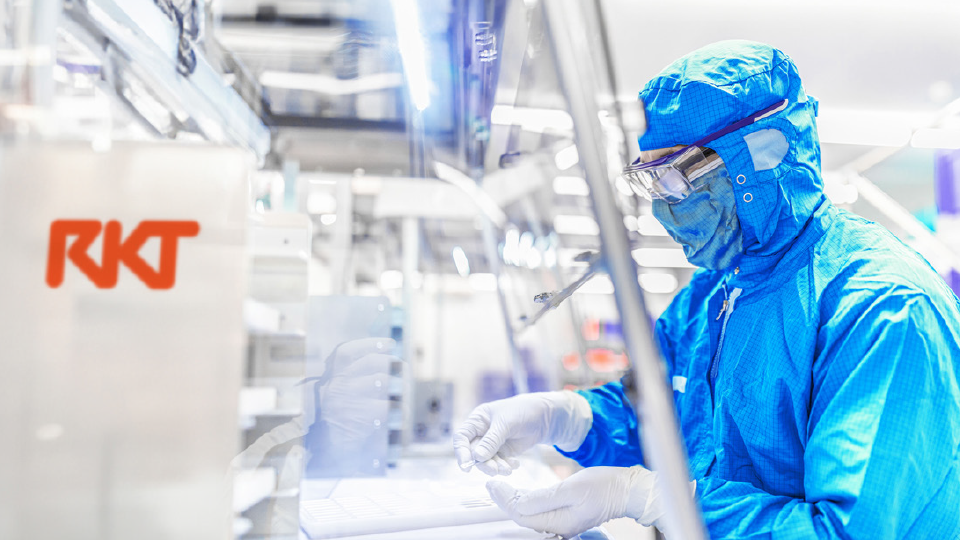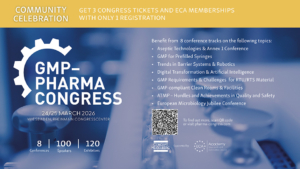
Whitepaper Plastic Injection Molding in Cleanrooms
Due to its properties, plastic is a sought-after material for medical technology components. Depending on the specification, the manufacturing of these components is subject to strict hygiene measures. The whitepaper from RKT shows what is important in plastic injection molding and the assembly of components under cleanroom conditions.
Depending on their application, medical technology products have high purity requirements to protect patients. In particular, products that come into contact with patients or are used for diagnostic purposes must be manufactured with low particle counts and be safe from contamination. RKT produces in cleanrooms of ISO Class 7 or GMP C and knows what is important in the planning and operation of a cleanroom. In principle, the processes in the cleanroom should be as automated and independent of personnel as possible to keep contamination low.
The whitepaper describes the well-thought-out machine concept, in which the injection molding machine is placed outside the cleanroom and produces into the cleanroom through an opening controlled by the laminar flow principle. This allows all particle-generating activities and maintenance to be carried out outside.
The Human Factor
The commitment of the employees plays a central role in flawless cleanroom production. Since humans are the main source of contamination in the cleanroom, in addition to correct protective clothing, trained behavior, such as slow movements, is important to avoid stirring up particles. RKT relies on regular hygiene, cleaning, and GMP training.
Challenges: Analyte-Free Production and Lyophilisate Handling
For some products, such as diagnostic tools, being analyte-free is a central requirement in manufacturing, meaning the absence of foreign DNA or RNA. This is ensured by special filter technology, regular contact plate tests on surfaces in the room, as well as a strict testing and monitoring procedure for personnel.
Special process steps, such as the handling of hygroscopic lyophilisates, require a sophisticated temperature and humidity management system.
Compliance with these demanding conditions is ensured by seamless monitoring. Continuous air particle measurements, well-thought-out filtration, regular microbiological checks of surfaces and air, as well as consistent documentation of all relevant process parameters guarantee the required quality and traceability.
The whitepaper provides information on practice-oriented processes and control mechanisms for low-contamination series production of plastic components and describes concrete examples from RKT’s cleanroom manufacturing.
To the whitepaper “Plastic Injection Molding under Cleanroom Conditions”


